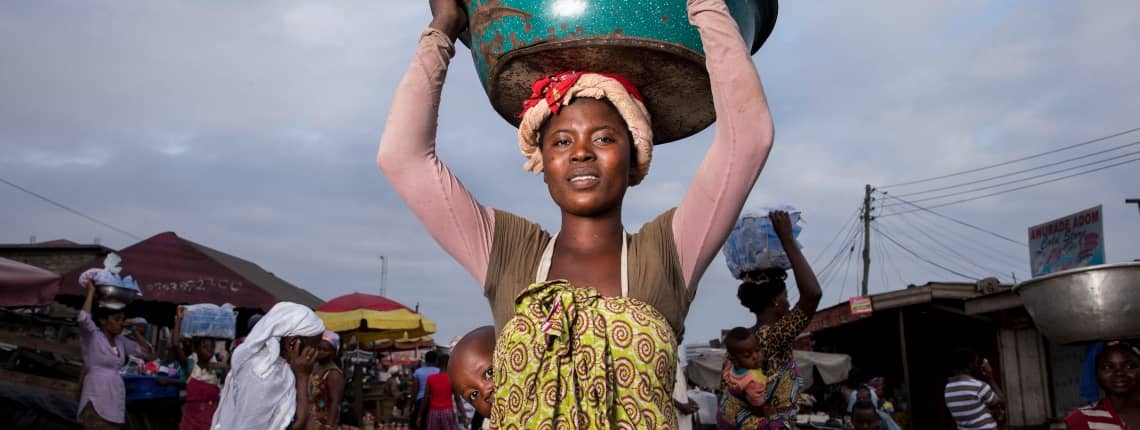The global pandemic has wreaked havoc on communities across the global South. The health crisis and related lockdowns have made accessing food a challenge for many. While grocery store workers have been deemed essential workers in many places, research shows the poorest and most vulnerable communities often rely on informal food systems for food.
In this interview, WIEGO's street vendors expert, Caroline Skinner, discusses the state of street vending during COVID-19. She outlines that, while some countries have declared informal food traders as essential service providers, they have often not gone far enough to unlock the entire informal food system.
Drawing on her work with public health experts in South Africa, she argues that if safety guidelines are followed, informal vendors can trade as safely as supermarkets. She explains the urgent need to unlock the informal food system, an end to police harassment and access to protective equipment and water. For food and non-food vendors alike, she calls for direct income support.
Listen to the full interview below.
WIEGO COVID-19 Guidelines for Informal Traders (South African Version)

Download WIEGO's E-book: Street Vendors and Public Space and read more about how informal workers are being impacted during this crisis.
Feature Photo: Hawa Latif migrated to Accra from her village in Northern Ghana to earn a living working as a head porter, or kayayei. She quickly got a job working with a cassava and plaintain vendor, and day in and day out, Hawa transports the large loads of products for customers from her madame's shop to the customers' vehicles. She often carries her young child with her as she works.
